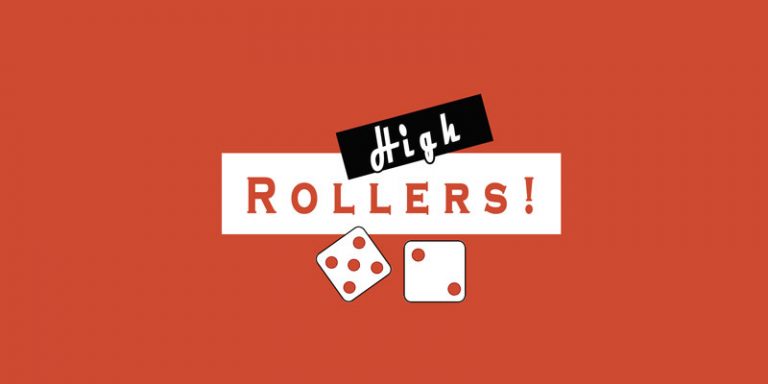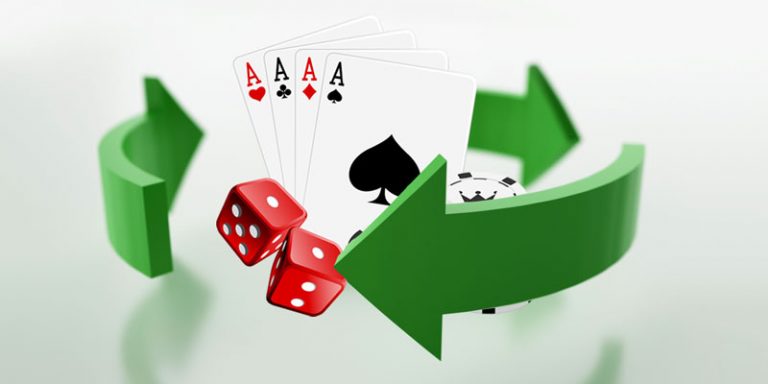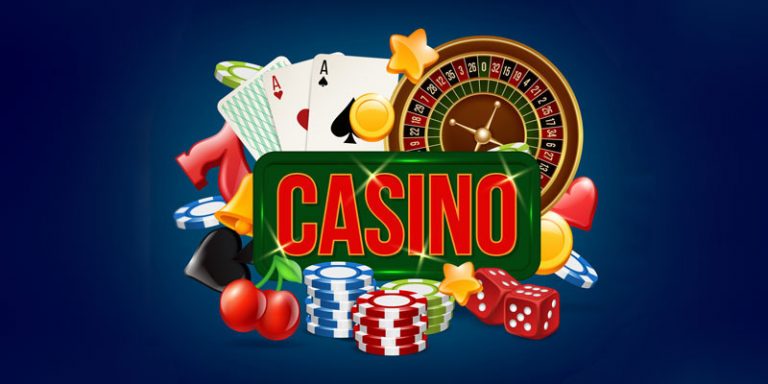Mike goes into a casino. He puts money on the roulette table, hoping he’ll earn more by predicting that the ball is going to land on his chosen number. Christina goes to a stock market and puts money into a company, hoping she’ll earn more by predicting that the value of her chosen company will rise. Mike and Christina don’t go by the same name — one of them is an investor, while the other one is a gambler! They sure as hell sound the same; so in the end, what’s the difference between investment and gambling?
Investing in the stock market and gambling in a casino have the same starting point — you risk your money for a future profit on an event which is going to happen in the future. Basically, with gambling and investing (both represent prediction markets), we’ve made future events (which we can’t know for sure the outcome of) tradeable. Both investing and gambling revolve around risk and reward. But there are also some key differences which ensure that investors and gamblers are far from merely being colleagues in a common venture.
Investment vs. Gambling
The major difference between the two is the amount of information you have at your disposal. Investors make an investment decision based on a wealth of different information — the history of the company, how often their stocks fluctuate, are they steadily on the rise or not, what’s generally happening in their market niche, etc. The factors that you can take into your buying a stock are virtually uncountable. As a result, whether you’ll buy or sell a stock (effectively investing and profiting off it) is more than just a random guess. With such thoroughness, in the long term, the odds are in favor of the one investing the money. As always, the higher the potential rewards, the higher the risk.
With gambling, you are way more reliant on luck — games like slot machines and lotteries involve chance. Firstly, there’s not enough information on the game as there is in investing. When gambling on roulette, you can come with some knowledge of which game variants have better odds, but that’s pretty much it. You can’t calculate things like the history of the table (how often it pays out), whether there’s a tendency to land more on a red, and so on. The best “inside information” you can hope for is to learn that a roulette wheel is slightly damaged to help favor certain slots or that a slot machine is “hot or cold” (which is a made-up theory, by the way). As you know, you can win a single hand or be in a winning streak, but ultimately, the house always wins.
Financial Risk Spread
Another difference is loss mitigation. Placing your bet is a one-off event. For instance, in sports betting, you can place $10 of your money that, say, the Houston Rockets will win the NBA championship. Now, this is a one-time event, where you either win or you lose. If the Rockets pull it off, you increase your capital, but if they don’t, you’re at a financial loss. There’s no such thing as a stop loss. When investing, you can make assurances that you’ll get your money back if the value of the stock drops under a certain percentage from the initial investment. This way, you can salvage at least some money before taking a financial hit — 80 or 70 percent. This is not an option in gambling — so you won’t get anything if the Rockets get to the finals.

Additionally, as we’ve already said, the high risks associated with gambling are also affected by the fact that it revolves around a single event. With investing, you can spread your investment portfolio on different asset classes, different companies, and make sure you don’t lose all your money, purely because one stock failed. On top of that, the financial rewards over the long haul are more consistent and more rewarding. Have you ever heard a casino approach one of the gamblers and say: “The way you won that jackpot was incredible! Here’s more money on a regular basis?” We haven’t.
Companies pay out dividends to their investors, usually on a quarterly basis (every three months). Dividends are a distribution of profits, where companies pay out their shareholders. In essence, it’s a financial “thank you for giving us your money” note to the investors. So when you make a successful stock buy, the longer you stick around, the greater returns you’ll make.
To recap, here’s a table of the investing-gambling differences:
| Gambling | Investing |
| Relies on luck | Wealth of information |
| Negative rates of return | Positive expected returns |
| House edge (the casino wins) | The stock market appreciates over time |
| No loss mitigation | Stop losses |
| One-time payouts | Dividends |
Gambling as an Investment Strategy
Despite all these differences, let’s not forget that they all have the same starting point — it’s profiting off of something that may or may not happen in the future. If we put it in the most simplistic of terms, investing can be defined as gambling, with the financial rewards outweighing the risks. Every investment is a gamble, but it doesn’t really work the other way round: not every gamble is an investment. But (well you were waiting for but now, weren’t you?), you can still make gambling become (or at least come close to) investing. So, are you ready for your new retirement plan?
Some types of gambling, like sports gambling and poker, involve more skill than luck. With sports betting, the most common gambling variant, there’s a lot that goes into deciding who is more likely to win. Bookmakers use a pool of data (sounds familiar?) to decide what the odds will be. If you get a hold of a better prediction model, many of which are available online, you can get more precise odds and then profit on the difference. With the event being likelier than what the bookmaker offers, the reward outweighs the risk. Obviously, there’s no guarantee you’ll win (as is also the case with investing); but in the long run, you’re bound to be able to stay in the black.
Card Games
Now when it comes to games of skill, such as poker and blackjack, there’s more to it than just placing a bet and hoping for the best. As you compete against other players (minus your small commission), there’s no house edge to cripple you; so investing into hands that you feel certain will beat your opponents is surely going to pay off!
Similarly to blackjack, there are strategy charts explaining the mathematics behind the game. With this game, alongside some more complex strategies like card counting, you’ll be able to tilt the edge in your favor. Again, you’re not going to win all the time, but you can still make it into a safe long-term bet!
Finally, you must always remember that clichéd saying — the house always wins. The more you play, the more you’re exposed to a financial loss. So do make sure you don’t go in with all your heart! Instead, take your time; and place your bets only when you know you’ve got the maths on your side.
Earning by Gambling
If you’ve decided that people who use the term ‘investing’ are nothing more than snobbish gamblers (purely because you don’t like Wall Street!) well, you’re wrong. The United States economy and capitalism, in general, is based on investing money into a company which will then find a great use for it, and you can personally profit off them.
Usually, gambling revolves around luck, which is unpredictable and unreliable in the long run. However, if you’re wise about the way you conduct your bets, you can still make a more educated guess about each decision you make. So if you manage to keep your emotions in check and never bet outside of your budget, you can earn your retirement capital by playing the games you love. Just make sure you pick your battles!




















